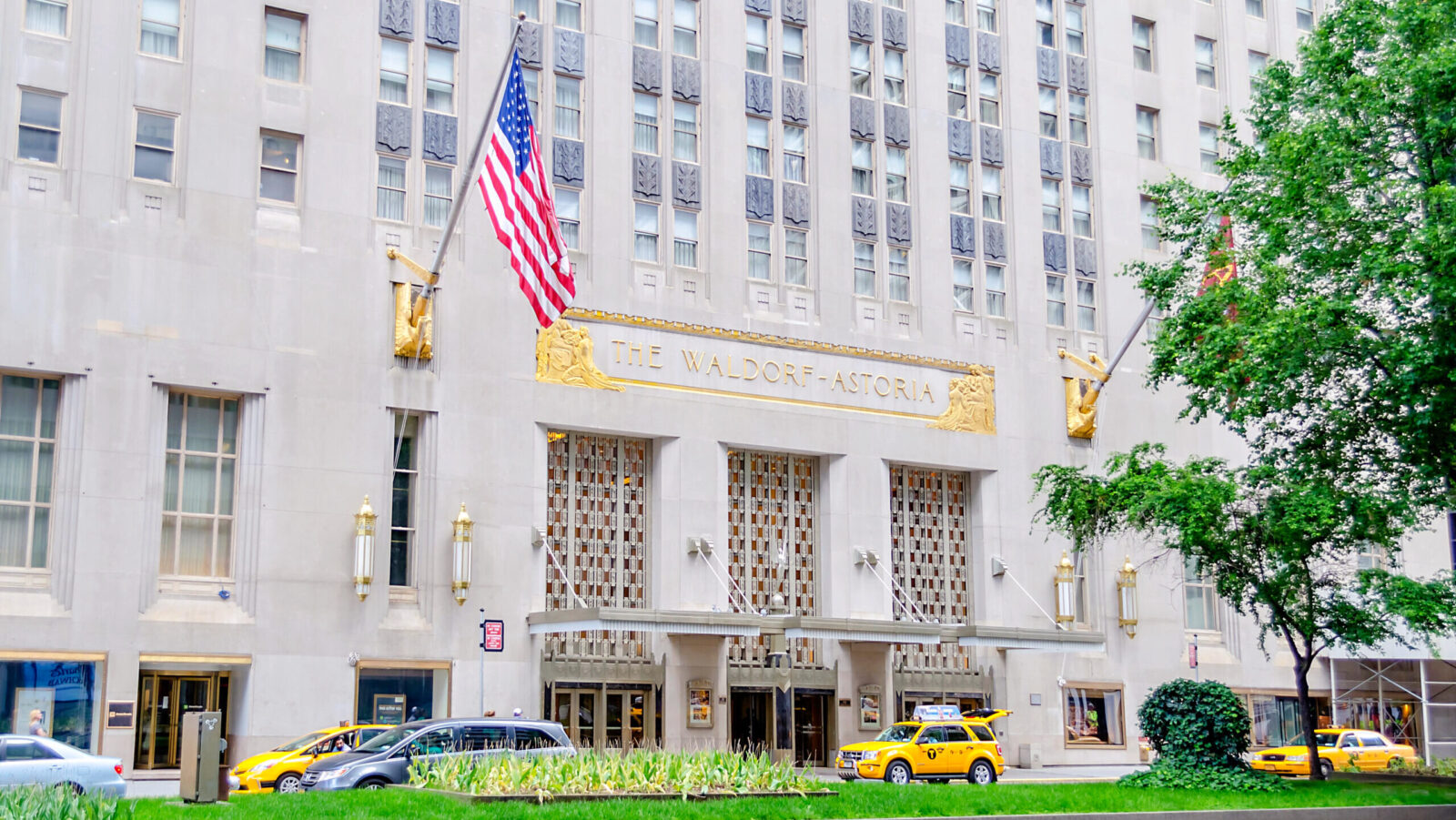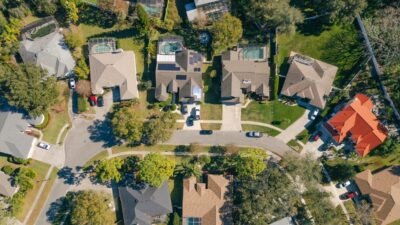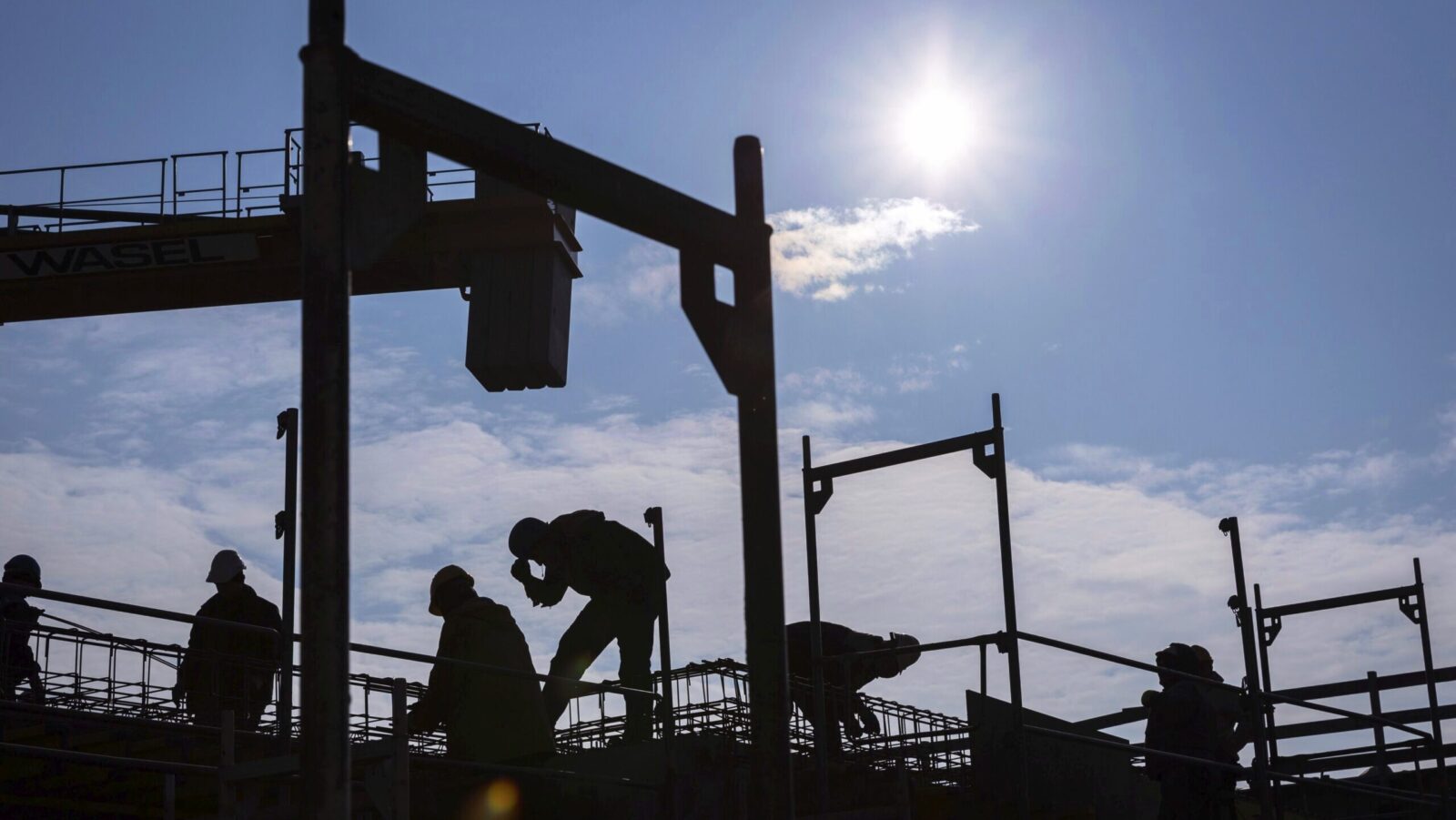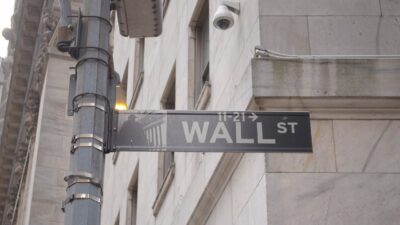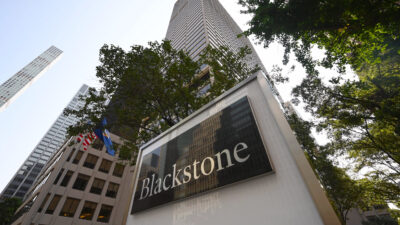Mortgage Rates Follow Bond Yields Higher as US Debt Concerns Mount
Even before the latest jump in mortgage rates, existing home sales slid 0.5% last month, according to the National Association of Realtors.

Sign up for smart news, insights, and analysis on the biggest financial stories of the day.
Fewer people are buying homes this spring, but not for lack of interest.
We’re talking about mortgages, of course: The average rate on a 30-year fixed mortgage jumped to 6.86% in the week ending Thursday, the highest since February, according to new data from Freddie Mac. It’s one of many factors in the housing market that aren’t doing buyers any favors at the moment.
Down on Down Payments
Treasury yields rose this week, thanks to a bond selloff triggered by Moody’s downgrade of US debt last Friday. Mortgage rates tend to move in unison with the 10-year Treasury yield, which partly explains the jump in the 30-year fixed mortgage rate. It also underscores how Wall Street’s concerns about the government’s creditworthiness, which a GOP spending bill could worsen, can influence Main Street’s home ownership. If Treasury yields remain high because of tariff uncertainty or ballooning deficits, the pressure on mortgages is more likely to remain.
Even before the latest jump in mortgage rates, existing home sales slid 0.5% last month, according to National Association of Realtors (NAR) data released Thursday. Of note, many buyers straight-up bailed — one in seven canceled their home-purchase agreements last month, according to new Redfin data. That’s the second-highest April cancellation figure on record. An optimist might suggest that, with fewer sales, home prices should be falling. But, at least in April, that hope was crushed like a discarded realtor pamphlet in the trash can after an open house: The average sale price of a single-family home rose 1.7% year over year to $418,000, according to the NAR.
In a related seismic development, as if his tariff warring and spending plans hadn’t introduced enough variables to the housing market, President Trump this week toyed with a radical change to the mortgage business itself:
- Trump said Wednesday he’s giving “very serious consideration” to privatizing Fannie Mae and Freddie Mac, government-controlled since US taxpayers rescued them from failure in 2008 with a $191 billion bailout. The two firms bundle and sell mortgages, which are attractive to investors because of a government guarantee to shield them from losses when homeowners default.
- The security blanket provided by Fannie Mae and Freddie Mac encourages banks and other lenders to approve more 30-year, fixed-rate mortgages, which has led to concerns that privatizing them would scare investors away from mortgage-backed securities, leading to higher mortgage rates. Mark Zandi, chief economist at Moody’s Analytics, told CNN last year that privatization could cost an American taking out a new mortgage $1,800 to $2,800 per year.
Taking Stock: While Fannie Mae and Freddie Mac are credited with propping up the fixed rate for 30-year mortgages and keeping it relatively affordable, some equities investors see privatization as a potential win for them. Shares of Fannie skyrocketed 51% on Thursday for their best showing since August 2009, and Freddie shares climbed 42% for their best showing since September 2019 — shareholders own one-fifth of the companies, and many have optimistically assumed that privatization would mean a return to dividends.
